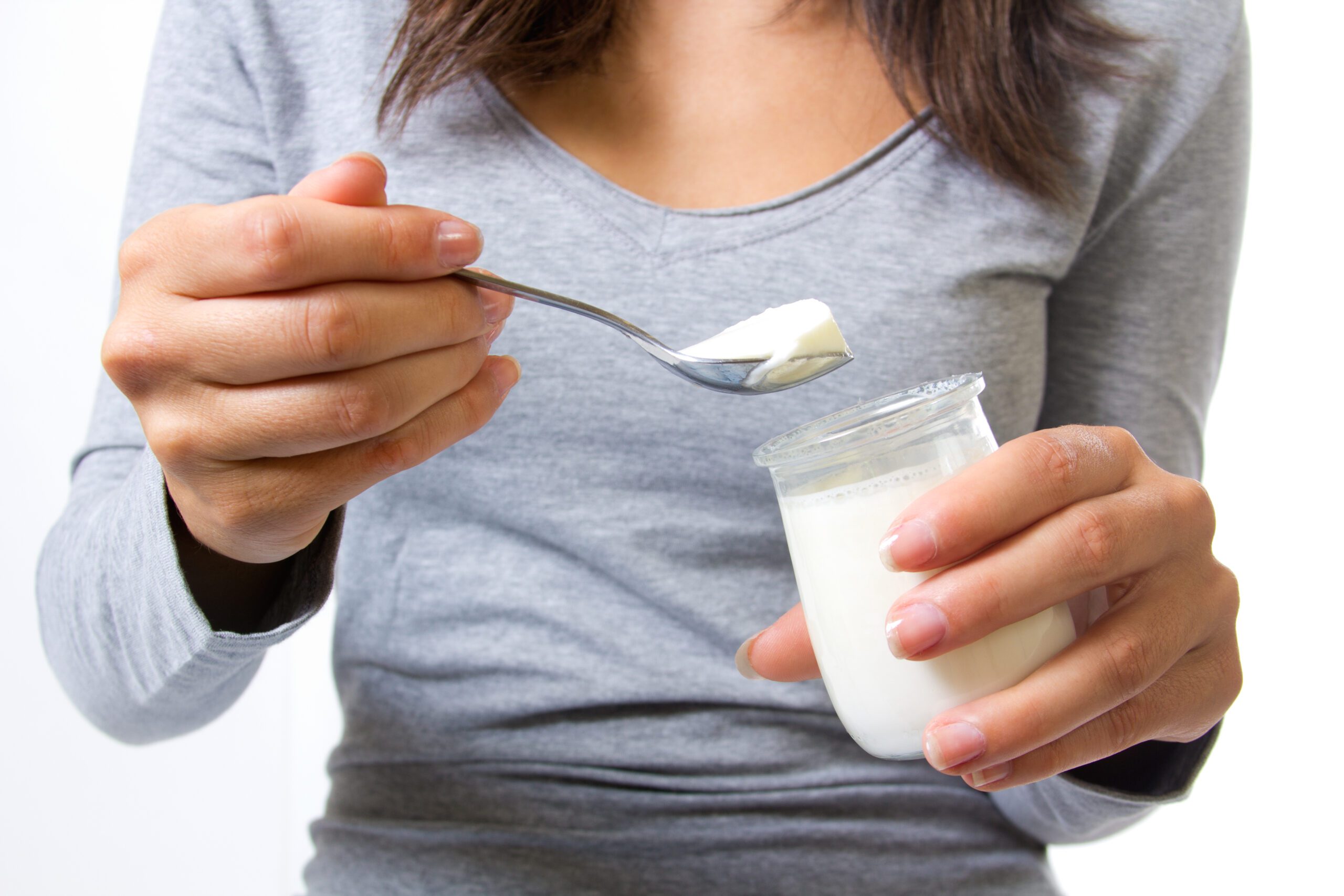Enjoying the benefits of dairy
Can people with lactose intolerance still enjoy dairy?
Yes, many people with lactose intolerance can still enjoy dairy without discomfort. By managing portion sizes, pairing dairy with other foods, or using lactase enzyme supplements like Lacteeze, you can continue benefiting from dairy’s nutritional value without experiencing symptoms.
Managing lactose intolerance need not entail avoiding dairy foods altogether. With proper management, many people can continue to enjoy the health and taste benefits of dairy, without having to resort to purchasing lactose-free dairy products which are often more expensive.
An initial reaction to a diagnosis of lactose intolerance is often to consider avoiding dairy altogether. However, this is not as easy as it sounds – lactose is often a hidden ingredient in foods and is in many medications. Nor is it convenient – going out to eat can become fraught with worry, especially as the symptoms of lactose intolerance can come on quickly and can be embarrassing.
Dairy is also an essential source of calcium in our diets, maintaining bone mineral health and reducing the risks of osteoporosis. Any restriction on dairy should be discussed with a healthcare professional to ensure your diet contains the recommended daily intake of calcium supplements.

Taking Lacteeze (the best lactase enzyme supplements!) is the easiest way to manage your lactose intolerance as it eliminates the need to change your diet. However, if you are not taking lactase enzyme supplements the following tips may assist you in reducing your lactose load while still enjoying the benefits of dairy.
- Consume smaller servings of dairy at a time. It is preferable to have several small servings spread out over the day rather than one larger serving.
- Eat dairy with other foods to slow the passage of the dairy through the gut and allow the lactase digestive enzymes more time to work.
- Use lactose-free products. If you don’t like the taste of commercially bought lactose-free products, or find them too expensive, you can make your own lactose-free dairy products such as milk, butter, ice cream and lactose-free cheese products using Lacteeze Drops.
- The fats in full cream milk slow down the passage of the milk through the digestive system, allowing lactase enzymes more time to break down the lactose.
- Skim milk contains more lactose than full-cream milk, and low-fat milks travel quickly through the gut so are less well tolerated than full-cream milk.
- You can also opt for lactose-free milk products which are commonly labelled in supermarkets.
- Cultured yoghurt may be fairly well tolerated as it contains enzymes that help break down the lactose. Alternatively, there are often many options in supermarkets of yogurts that are lactose-free.
- Hard and more mature cheeses such as cheddar, Edam, Swiss, mozzarella and feta generally contain very little lactose and are well tolerated.
- Lactose can be found in many processed foods such as baked goods, desserts, cheese sauces, breakfast cereals and milk chocolate. Wherever possible check the ingredients for milk products such as whey, milk solids or milk sugars.
- Many medications including some antihistamines contain lactose which may not be marked on the label. If you are very sensitive to dairy, ask your doctor or pharmacist to check the fillers used in your medications.








